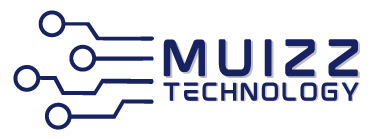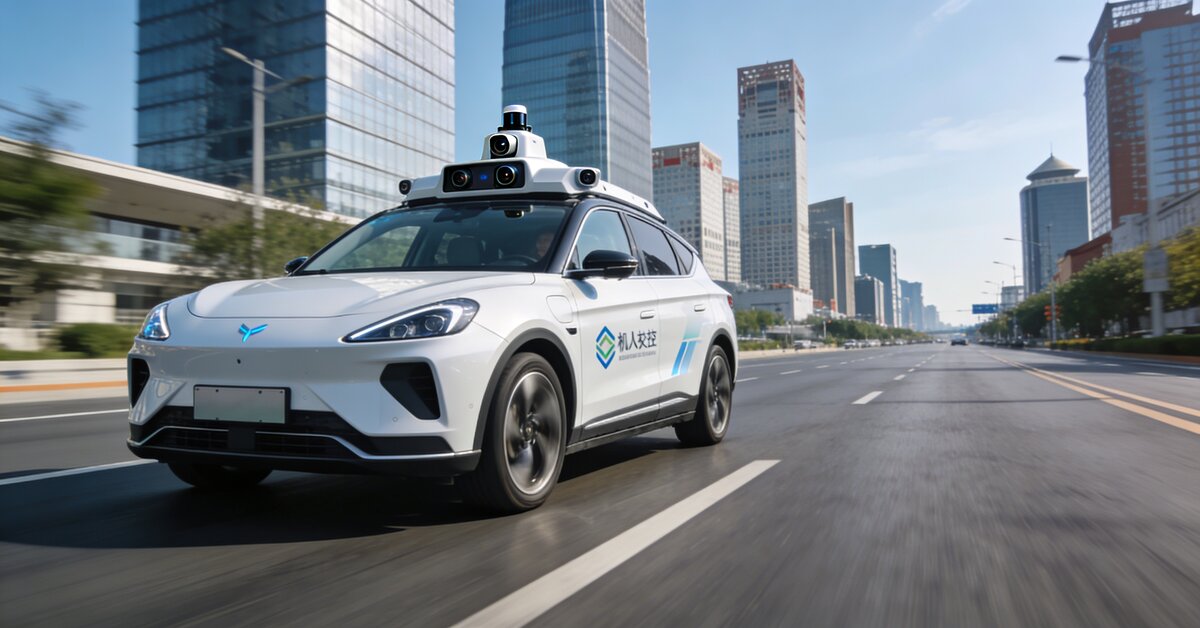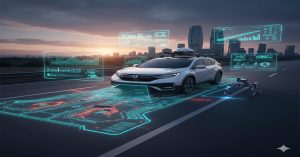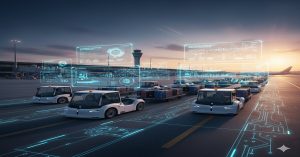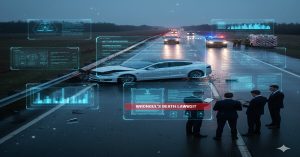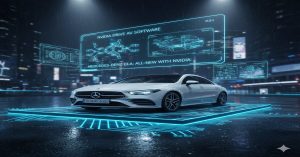Autonomous driving startup Pony.ai has officially launched real-world testing of its seventh-generation robotaxi, developed in collaboration with Chinese automaker GAC. The vehicles, now operating on public roads in Guangzhou and Shenzhen, mark a major milestone in Pony.ai’s journey toward large-scale commercialization of self-driving technology.
These new robotaxis are built on GAC’s second-generation Aion V electric SUV platform and are integrated with Pony.ai’s most advanced autonomous driving system to date. The Gen-7 system reflects significant progress in both technological sophistication and production readiness, positioning Pony.ai for a transition from research to real-world deployment.
One of the standout features of the Gen-7 system is its use of 100% automotive-grade components, a move that boosts system durability and reliability under real-world driving conditions. Additionally, the company reports a remarkable 70% reduction in the cost of its autonomous driving hardware compared to previous versions. This cost-efficiency is a critical step toward enabling factory-level integration, rather than relying on costly post-production modifications.
The new platform also introduces a flexible, modular design that makes it adaptable across various vehicle models. This strategic shift toward a platform-based architecture allows for faster deployment across different vehicle types and manufacturing partners.
Equipped with an array of six mass-production sensors, the Gen-7 system delivers full 360-degree environmental awareness without blind spots. It incorporates Pony.ai’s proprietary sensor-cleaning solution, designed to keep the system operational even in poor weather conditions such as heavy rain or dust. The autonomous driving software is powered by PonyWorld, the company’s proprietary AI model. Using reinforcement learning techniques, the system continually evolves to handle increasingly complex urban and highway scenarios with greater precision and safety.
Dr. James Peng, co-founder and CEO of Pony.ai, highlighted the significance of the new launch. “Putting the Aion V with our 7th-generation autonomous system on public roads is a clear reflection of how far our partnership with GAC has come. Since joining forces in 2018, we’ve built a strong ecosystem focused on advancing Level 4 autonomy, product development, and strategic investment.”
Looking to the future, Pony.ai has ambitious plans to begin full-scale production of its Gen-7 robotaxi fleet by 2025. Thanks to major reductions in hardware costs and improved production efficiency, the company expects to equip more than 1,000 vehicles by the end of the current year. This expanded fleet will serve as the foundation for Pony.ai’s larger rollout, bringing autonomous ride-hailing closer to everyday use in China’s urban centers.
With this next phase of road testing now underway, Pony.ai is demonstrating not only the technical readiness of its new-generation platform but also its commitment to transforming autonomous mobility into a commercially viable reality.
